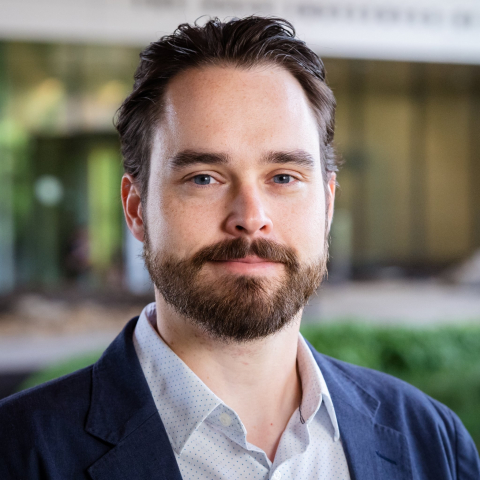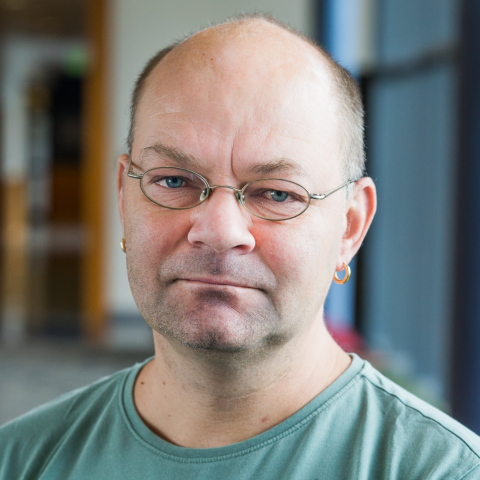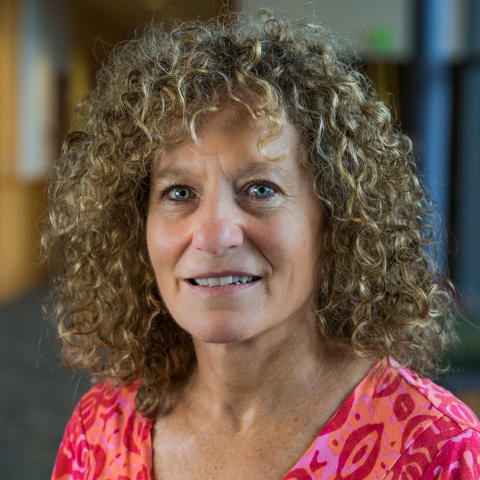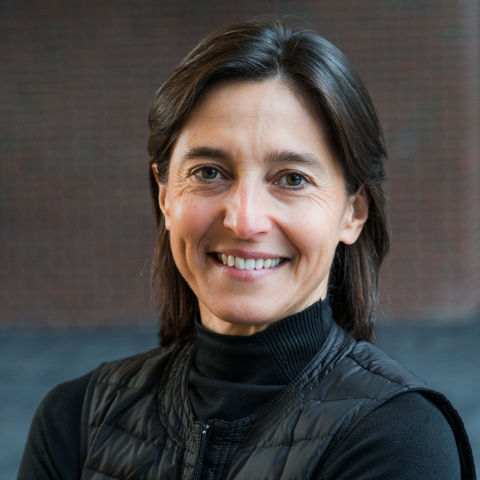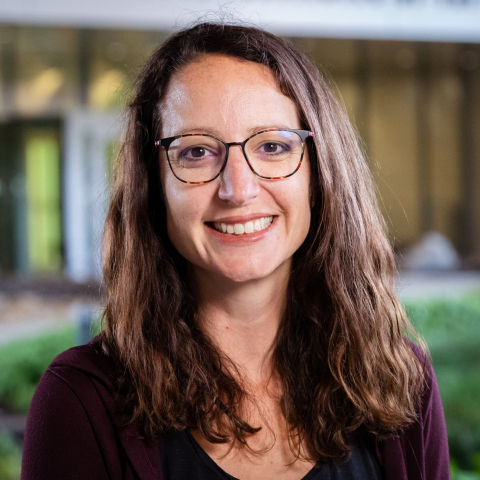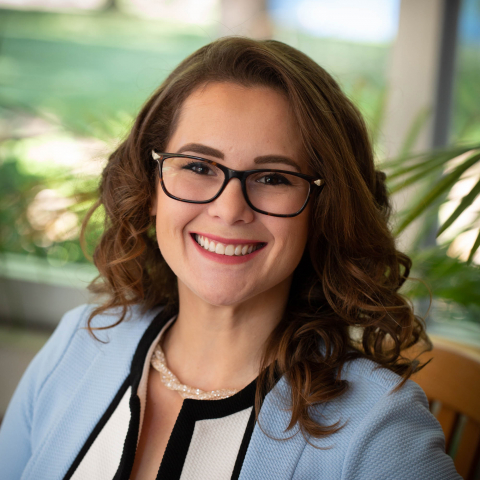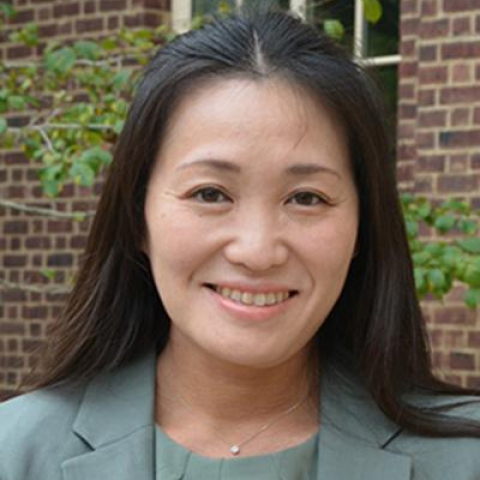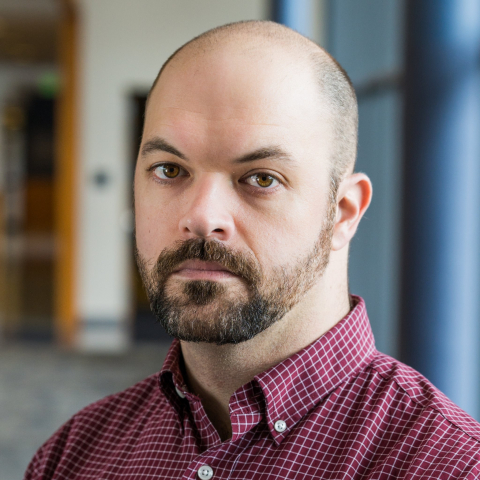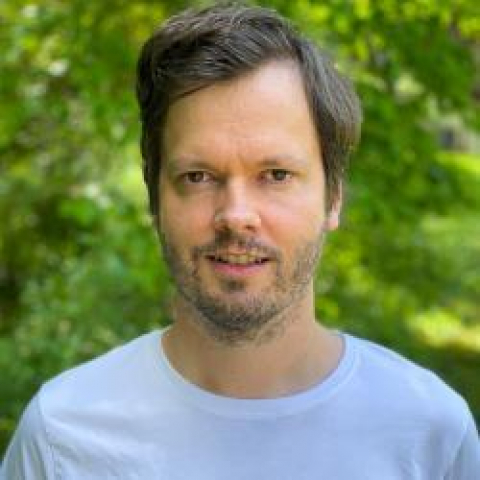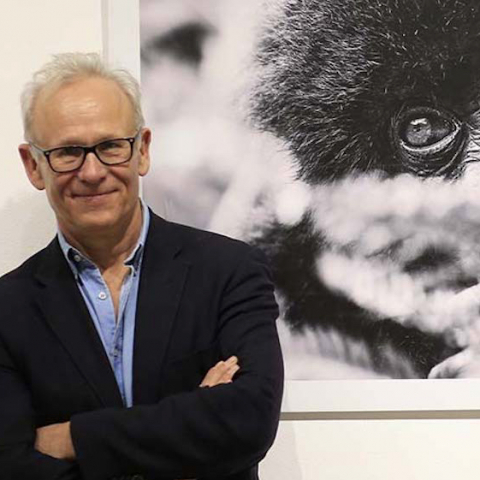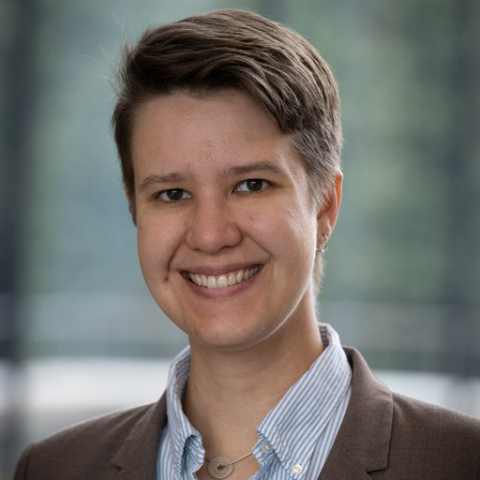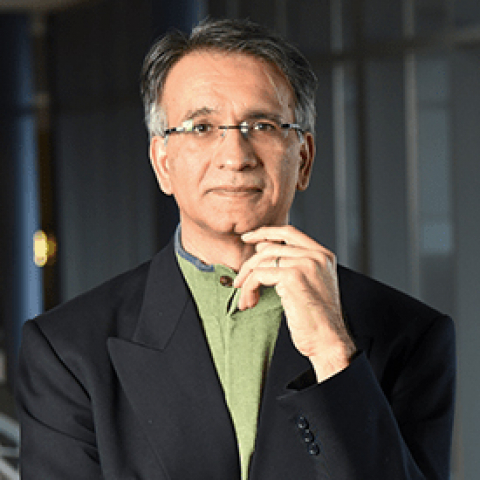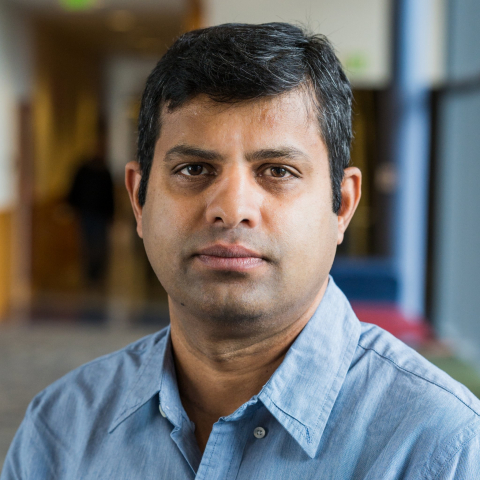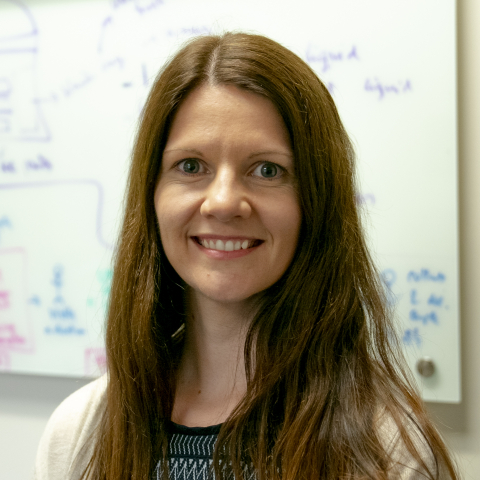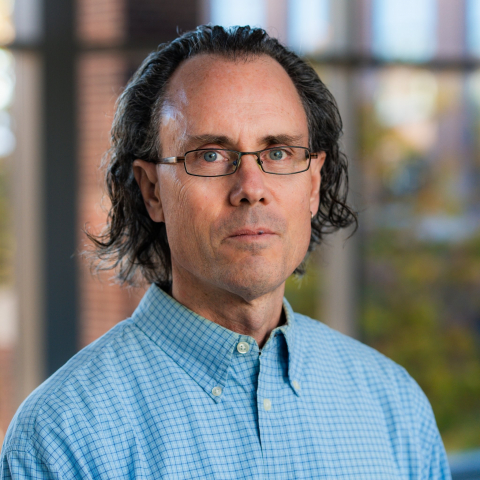People: Immunology Infectious Disease
Jordan Bisanz
Assistant Professor of Biochemistry and Molecular Biology
The interface of microbiology and bioinformatics, with approaches including genomics and metabolomics to investigate the interplay of diet, drugs, and the gut microbiome.
Ottar Bjornstad
Huck Chair of Epidemiology; Distinguished Professor of Entomology and Biology; Adjunct Professor in Statistics
Population ecology and population dynamics with particular emphasis on mathematical and computational aspects
Seth Bordenstein
Director of the One Health Microbiome Center; Huck Chair in Microbiome Sciences; Professor of Biology and Entomology
The evolutionary and genetic principles that shape symbiotic interactions between animals, microbes, and viruses and the major applications of these interactions to human health.
Margherita Cantorna
Director of the Center for Molecular Immunology and Infectious Disease; Distinguished Professor of Molecular Immunology
Understanding the working of the immune system. Utilizing animal models of several human diseases including enteric infections and inflammatory bowel disease to determine the cellular targets and molecular signals by which dietary components regulate immunity.
Isabella Cattadori
Professor of Biology
Immuno-epidemiology of co-infection, how host immunity modulates parasite interactions and transmission and how host molecular processes explain the dynamics of infection at the population level.
Edward Dudley
Professor of Food Science; Director of E. coli Reference Center
Mechanisms driving toxin production in Shiga-toxigenic Escherichia coli; use of genome sequencing to track pathogen transmission during foodborne outbreaks
Sagan Friant
Assistant Professor of Anthropology
Evolutionary anthropology of human health, disease ecology, nutrition, socio-ecological systems, bushmeat hunting, Nigeria.
Erika Ganda
Emphasis Area Representative, Microbiome Sciences; Associate Professor of Food Animal Microbiomes
Developing practical ways to leverage the microbiome to improve food safety and improve food production animals' production efficiency.
Jessica Grembi
Assistant Professor of Pharmacology
The biological mechanisms underlying persistent childhood undernutrition
Urara Hasegawa
Assistant Professor of Materials Science and Engineering
The development of polymeric nanomaterials for controlled delivery of drug and bioactive signaling molecules
Kevin Hockett
Huck Early Career Chair; Associate Professor of Microbial Ecology
Biological Control, Biology and Ecology of Plant-Microbe and Plant-Environment Interactions, Microbial Ecology and Population Biology Faculty
Christian Huber
Assistant Professor of Biology
How evolutionary mechanisms such as mutation, recombination, and natural selection shape genetic diversity and the variability between individuals and species.
Peter Hudson
Former Director, Huck Institutes of the Life Sciences; Willaman Professor of Biology
Population dynamics of infectious diseases in wildlife and the dynamics of parasite community structure.
Camilla Hughes
Assistant Professor of Reproductive Biology
Reproductive biology, ovarian function, and reproductive-immune interaction
Wen Jiang
Faculty Director of the Cryo-Electron Microscopy Core Facility; Professor of Biochemistry & Molecular Biology
Joyce Jose
Associate Professor of Biochemistry & Molecular Biology
Virus-host interactions involved in the pathogenesis of alphaviruses and flaviviruses. Analysis of virus induced structures and cytoskeletal modifications in mammalian host and insect vector using high-resolution live cell imaging and electron microscopy. Viral determinants of neurotropism, encephalitis, transmission and persistence in BSL-3 pathogens.
Parisa Kalantari
Assistant Professor of Immunology
Host-parasite interactions using Schistosoma mansoni-induced liver inflammation in mouse models. Modulation of immune responses by the parasite as well as the role of inflammasomes in inducing schistosomiasis.
Vivek Kapur
Associate Director, Huck Institutes of the Life Sciences; Huck Distinguished Chair in Global Health; Professor of Microbiology and Infectious Diseases
The basic mechanisms by which pathogenic microbes successfully infect, colonize, and cause disease in their hosts.
Joshua Kellogg
Emphasis Area Representative, Molecular Toxicology; Assistant Professor of Veterinary and Biomedical Sciences
Development of new metabolomics tools for chemical and biological characterization of complex systems. Discovery of new natural products from plants and microorganisms with novel bioactivity against pathogenic fungi and neglected tropical diseases. Bioanalytical techniques to probe the mechanism of action and basic biology of these target organisms. Ethnobotany and indigenous knowledge surrounding plant-based medicine.
David Kennedy
Associate Professor of Biology
Ecology and evolution of infectious diseases, with particular interest in how disease dynamics influence pathogen emergence, virulence evolution, and drug or vaccine resistance.
Girish Kirimanjeswara
Emphasis Area Representative, Immunology and Infectious Disease; Associate Professor of Veterinary and Biomedical Science
Establishing the Virulence Factors
Jasna Kovac
Lester Earl and Veronica Casida Career Development Professor of Food Safety; Associate Professor of Food Science
Integrating epidemiological, microbiological, molecular and omics methods to better understand microbial pathogenic potential, antimicrobial resistance, and epidemiology of foodborne pathogens.
Scott Lindner
Co-Director, Center for Malaria Research; Associate Professor of Biochemistry & Molecular Biology
RNA/protein complexes, translational control, and the specialized ribosomes of malaria parasites using sequencing, proteomics, and genetic approaches with a focus on the transmission stages of Plasmodium parasites between mammals and mosquitoes
Manuel Llinas
Co-Director, Center for Malaria Research; Ernest C. Pollard Professor in Biotechnology
Understanding the molecular mechanisms of gene regulation and metabolism in the malaria parasite Plasmodium falciparum using functional genomics and metabolomics.
Elizabeth McGraw
Professor and Huck Scholar in Entomology
The genetics of vector, pathogen and symbiont interactions.
